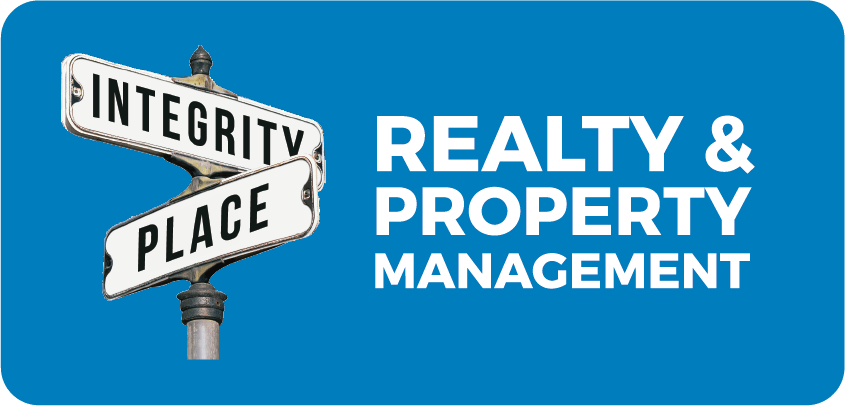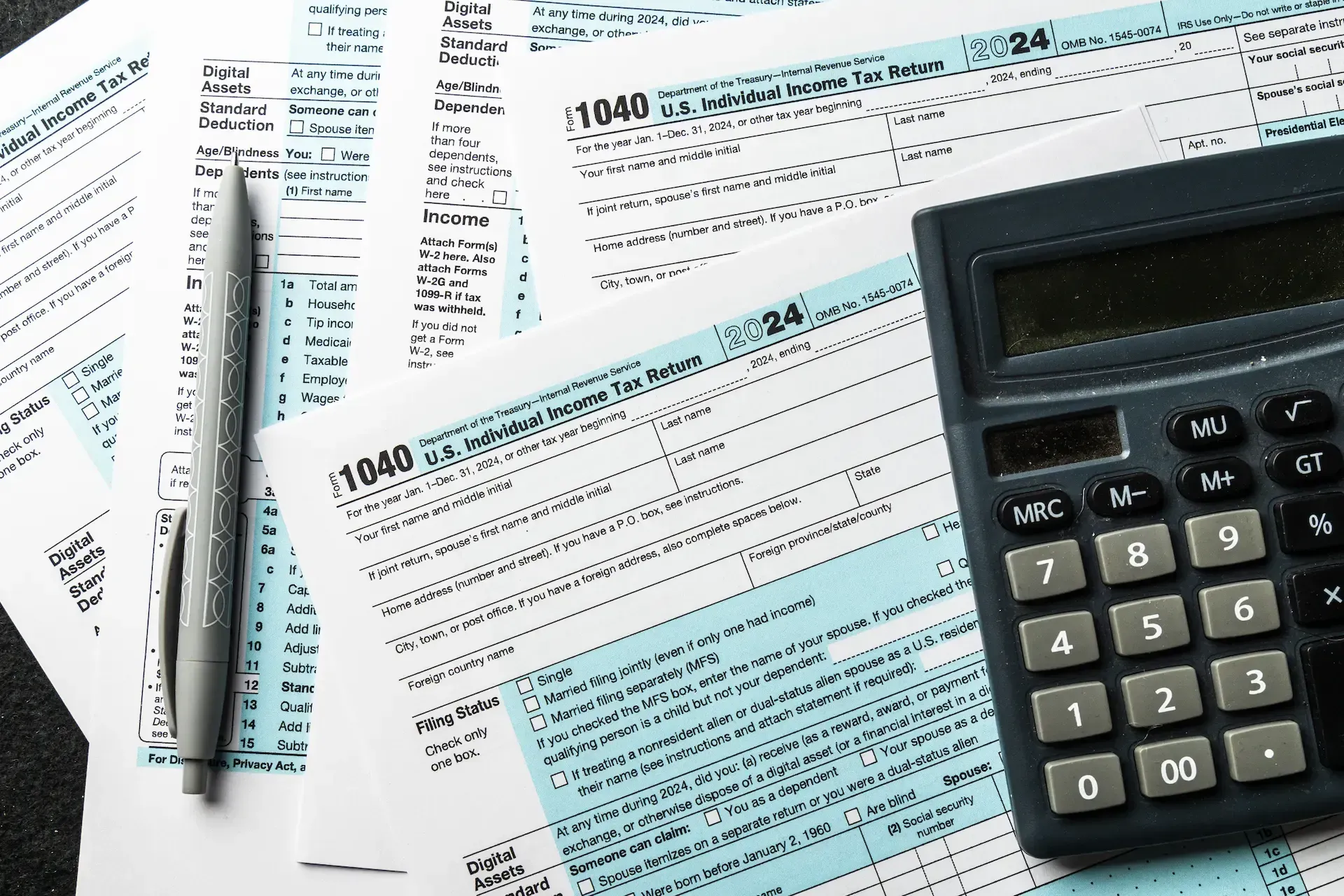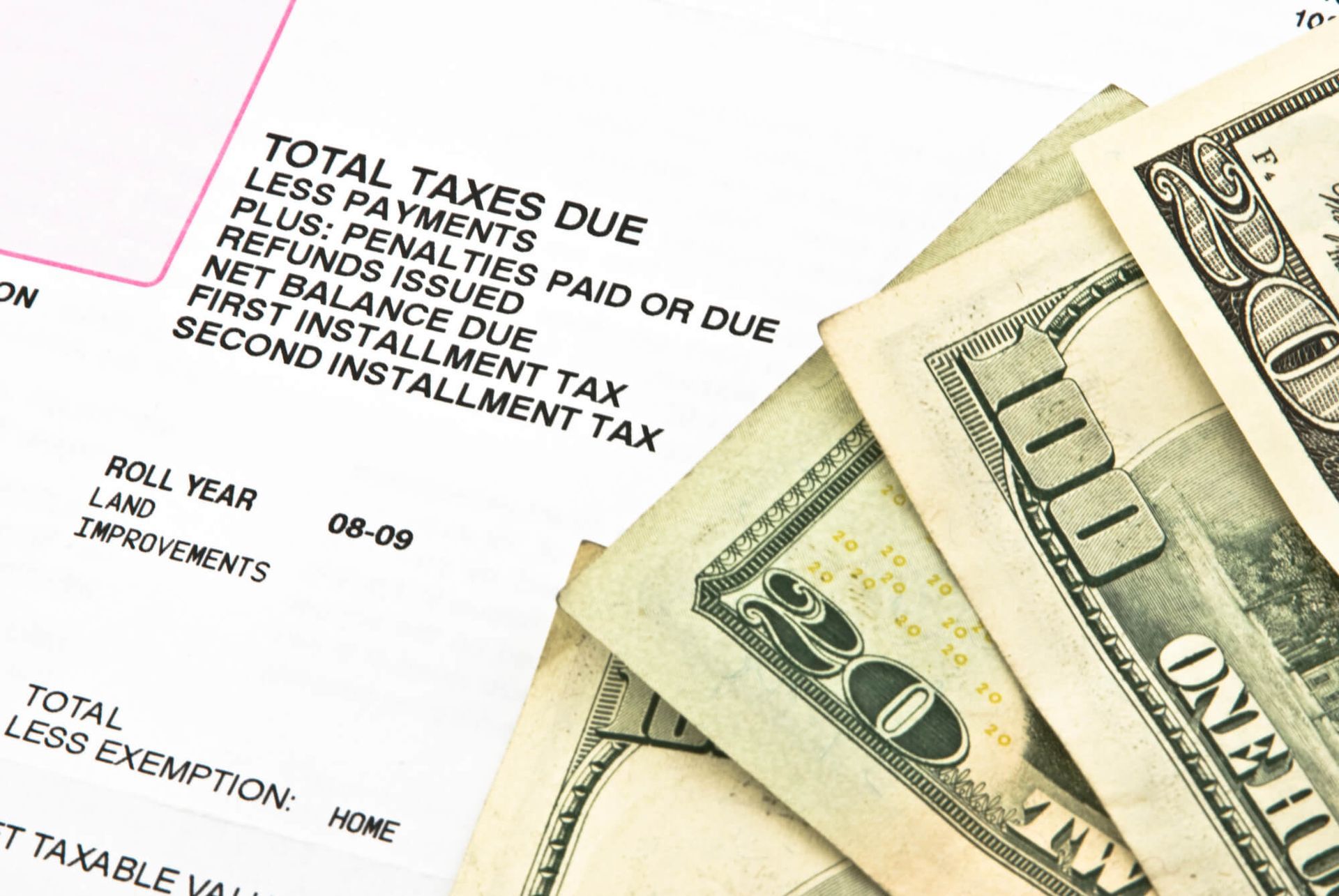Utah Property Laws: A Guide for Landlords

If you’re a landlord in Utah, understanding Utah property laws isn’t just good practice—it’s essential for protecting your investment, complying with the law, and maintaining positive relationships with your tenants. The State of Utah rental laws are designed to provide a fair framework for both landlords and tenants, and failing to follow them can lead to costly legal issues or even the loss of your right to rent.
This guide covers key legal responsibilities for landlords in Utah, from lease agreements to evictions, property maintenance, and more. Whether managing a single rental or a growing portfolio, here’s what you need to know.
Utah Rental Property Laws Every Landlord Should Know
Navigating the legal side of property management doesn’t have to be overwhelming. Learning the basics of Utah property laws allows you to feel more confident as a landlord and avoid common pitfalls. These laws are found in the Utah Landlord and Tenant Act, Title 57, Chapter 22 of the Utah Code. Here's a breakdown of the laws you need to know:
1. Rental Agreements in Utah: Written vs. Verbal
Under Utah property laws, landlords are allowed to use either written or oral rental agreements. However, written leases are strongly recommended. A clearly written contract helps prevent misunderstandings and serves as legal evidence if a dispute arises.
Written leases should include:
- Rent amount and due date
- Lease duration (month-to-month or fixed-term)
- Late fees and grace periods
- Maintenance responsibilities
- Pet policies
- Rules for termination or renewal
A written rental agreement also makes it easier to enforce terms like notice periods or property rules in small claims court.
- Need help putting together an agreement? Download our Utah rental contract template for an easy-to-use, legally sound agreement.
2. Security Deposit Rules & Timeframes
There is no statutory limit on the amount landlords can charge for a security deposit in Utah. However, landlords must return the deposit within 30 days after the tenant vacates the premises according to the state of Utah’s rental laws.
If any portion of the deposit is withheld for damages or unpaid rent, landlords must provide:
An itemized statement of deductions- Copies of any receipts or estimates
- A refund of the balance, if applicable
Landlords who fail to comply may be liable for up to $100 in damages, plus court costs and attorney fees.
- Best practice: Conduct a walk-through with the tenant at both move-in and move-out, documenting the condition of the unit with photos or video.
3. Legal Evictions
Evictions in Utah must follow strict legal procedures. Landlords cannot remove tenants without first providing notice and, if necessary, obtaining a court order. Attempting a “self-help” eviction, such as changing locks or shutting off utilities, is illegal statewide and could result in penalties.
Here are the 4 most common types of eviction notices for Utah landlords to use:
- 3-Day Notice to Pay or Quit: For nonpayment of rent
- 3-Day Notice to Comply or Quit: For lease violations (e.g., unauthorized occupants, pets)
- 3-Day Unconditional Quit Notice: For serious issues like criminal activity or significant property damage
- 15-Day Notice to Terminate: For ending a month-to-month tenancy
If a tenant doesn’t comply, landlords must file a complaint in district court and obtain a judgment before proceeding with a writ of restitution.
4. Property Maintenance Obligations
Utah rental laws require landlords to maintain their properties in a “fit and habitable condition.” This includes ensuring:
- Adequate heating, plumbing, and electrical systems
- Functioning smoke detectors and carbon monoxide alarms
- Safe entryways, windows, and structural integrity
- Sanitary conditions (e.g., working toilets, sinks, waste disposal)
Landlords must make repairs within a reasonable time after receiving notice from the tenant. If a landlord fails to act, a tenant may be entitled to withhold rent or make the repairs themselves and deduct the cost, provided proper procedures are followed.
If you’re tired of making trips to your property and repairing every issue yourself, our
Integrity Place Realty & Property Management team has you covered. We have a list of trusted vendors providing 5-star maintenance solutions. And the best news? We’ll do the work of visiting your property, conducting inspections, and scheduling repairs as needed.
Reach out to us to learn more!
5. Right of Entry & Tenant Privacy
Landlords in Utah have the right to enter rental units, but they must respect the tenant’s privacy. Under Utah property laws, landlords must provide at least 24 hours’ notice before entering, unless there’s an emergency.
Valid reasons for entry include:
- Making repairs or improvements
- Inspecting the property
- Showing the unit to prospective tenants or buyers
Landlords should avoid repeated or unnecessary entries, which could be considered harassment.
6. Lease Terminations & Renewals
For month-to-month tenancies, either party may terminate the lease with 15 days’ written notice.
Landlords must also be aware of:
- Automatic lease renewal clauses
- Holdover tenants (those who stay beyond the lease term)
- Potential penalties for unlawful lease terminations
If a tenant “holds over” after a lease ends and the landlord accepts rent, the agreement may convert into a month-to-month lease unless otherwise specified.
7. Fair Housing Compliance
Landlords must comply with both federal and state fair housing laws. According to Utah property laws, it is illegal to discriminate based on:
- Race
- Color
- National origin
- Religion
- Sex
- Familial status
- Disability
- Source of income (including housing vouchers)
Landlords must also provide reasonable accommodations for tenants with disabilities, including exceptions to pet policies for service animals.
Comply With the Law & Effortlessly Earn Passive Income
As a landlord, you must understand and comply with Utah property laws to avoid fines, lawsuits, or damaged tenant relationships. The State of Utah rental laws are designed to balance your rights with tenant protections. Keeping up with these laws and documenting everything carefully can save you from future headaches and help you run your rental business smoothly.
Unfortunately, it’s not always easy to ensure you comply with state and local laws as a landlord. This is especially true if you’re already worrying about filling the property, screening tenants, maintaining your investment, and organizing your accounting. However, with the right property management company, you can build a successful rental business without the stress of navigating complex legal requirements alone.
Our experienced
property management team in Utah County and our
property management pros in Salt Lake County help Northern Utah property investors thrive while fully compliant with state rental laws.
Contact Integrity Place Realty & Property Management to learn how we can handle everything from tenant placement to property maintenance, making your life as a landlord easy.










